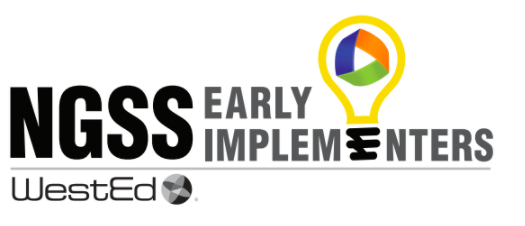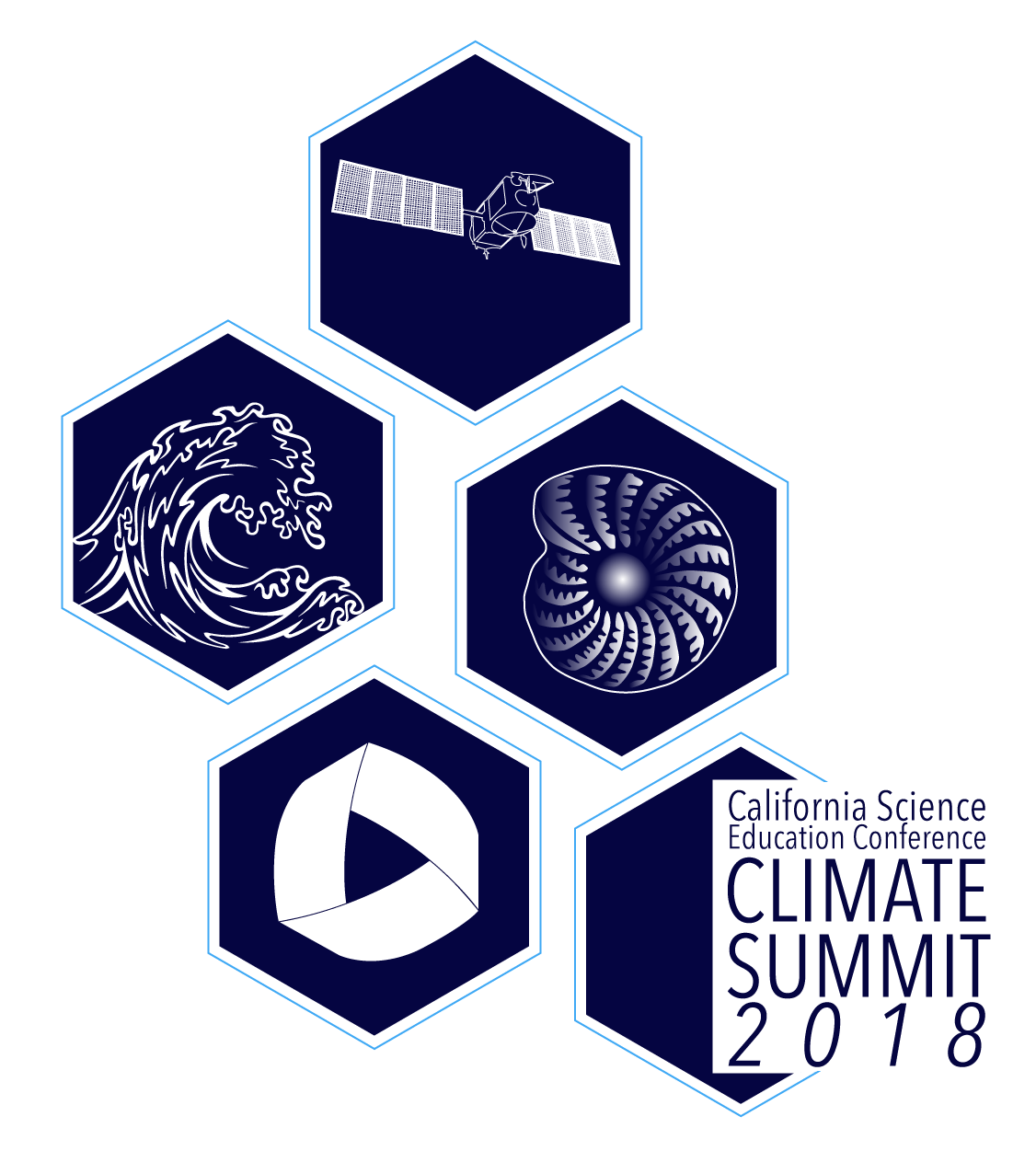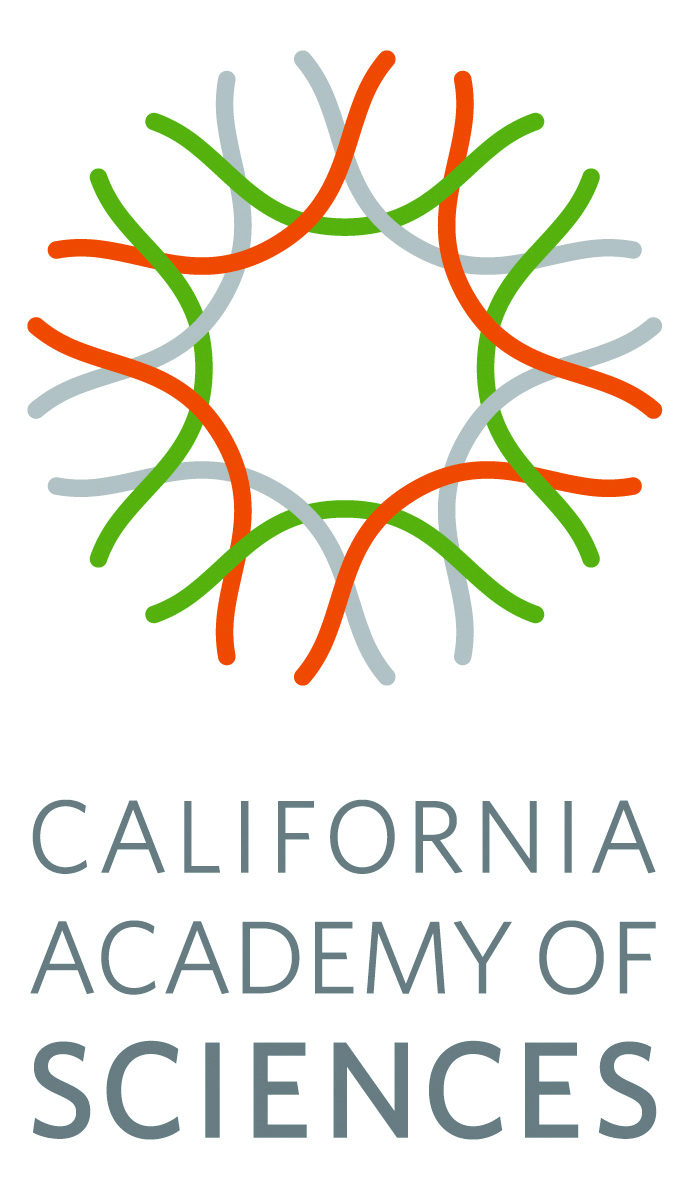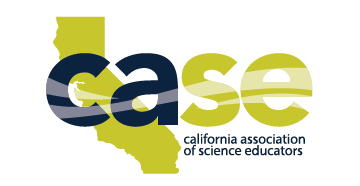
Short Courses
REGISTRATION IS NOW OPEN

Add Short Course, Field Tour and Sound of Music to your Conference Experience.
SHORT COURSES
Want to dig deeper? Excited to learn from seasoned experts in the field? Wish you could have a guaranteed seat in the room? Do you enjoy a smaller session with more presenter interaction? Then conference short courses are calling your name!
CSTA is proud to present an amazing lineup of 20 short courses for this year's conference. These short courses are designed to help you dig deeper into NGSS, engineering design, and more. Each short course's duration is three to six hours, giving you the chance to really interact and make sense of the material.
Short courses are ticketed events, guaranteeing you a seat in the room and relevant hand-outs. You will have hands-on experiences that are designed to help you envision relevant to use in your classroom. Many short courses will also provide you with sample materials that are ready for use. Be sure to sign up for these soon—we expect these short courses will sell out fast this year!
If you are in need of support by your district, you can remind your administrator that the District's Local Control Accountability Plan (LCAP) Priority #2 supports the implementation of the state's academic standards. CSTA's Conference on Science Education will provide you with short courses that will help you with this. All short courses support the California Next Generation Science Standards (NGSS), the California Common Core State Standards, or both. The short course descriptions below include the following information:
- title and brief description
- ticket price
- grade level that the course is best suited for
- the science that is the focus of the presentation
- the emphasis (up to three) of the course
- the name of the lead presenter and their affiliation
Friday, November 30 - 2:30 pm - 5:30 pm
SC01: Science-Literacy (K-2): A Win-Win for Both

- Tickets: $15
- Grade Level: PreK-2
- Science & Emphasis: Earth/Space Science; Common Core - Literacy, Pedagogy
- Presenters: Karen Cerwin, Regional Director, K-12 Alliance/WestEd
SC02: Grappling with Stability and Change in Systems
This course focuses on the crosscutting concept of stability and change. Participants will explore several dynamic systems and what makes them have varying levels of stability. Investigate types of ecosystem disturbances and come to understand how feedback affects system stability.
- Tickets: $10
- Grade Level: Not Grade Level Specific
- Science & Emphasis: All Sciences; Beef Up on Content, Crosscutting Concepts (CCCs), Science & Engineering Practices (SEPs)
- Presenters: Patrick Moyle, Service Lead, Making Sense of SCIENCE/WestEd and Kirsten Daehler, Director, Making Sense of SCIENCE/WestEd
SC03: Class Ethos: The "4th Dimension" of the CA NGSS
The NGSS requires three-dimensional instruction. This short course examines a critical fourth dimension that creates the environment for three-dimensional classrooms to flourish: class ethos. Not just culture, its the
- Tickets: $20
- Grade Level: 6-8 Integrated Model, 6-8 Domain Specific Model, High School 3-course (ESS Embedded) Model, High School 3-course Integrated (Every Science, Every Year) Model, High School 4-course Model
- Science & Emphasis: Applicable to All Sciences; Beef Up on Content, Crosscutting Concepts (CCSs), Science & Engineering Practices (SEPs)
- Presenter: Samantha Johnson, Science Teacher, San Lorenzo Unified School District and Jim Clark, TOSA, San Lorenzo Unified School District

We'll explore owl pellets in a series of NGSS lessons designed to engage English language learners and build academic vocabulary through discussion, writing and reading. 
- Tickets: $15
- Grade Level: 3-5
- Science & Emphasis: EP&Cs/Environmental Literacy, Life Science/Biology; Classroom Management/Engagement, Common Core - Literacy, English Learner/English Language Development
- Presenters: Kate Gallagher, TK-5 Teacher, NGSS Early Implementer, Oakland Unified School District and Joanna Totino, Director, Bay Area Science Project
SC05: Learning by Making for STEM Success
Learn to use the NGSS-aligned, integrated STEM curriculum developed by Sonoma State University's Learning by Making
- Tickets: $10
- Grade Level: High School 3-course Integrated (Every Science, Every Year) Model
- Science & Emphasis: Integrated Science (bundled across domains) and Science & Engineering Practices (SEPs), STEM/STEAM/Maker, Technology Integration
- Presenters: Lynn Cominsky, Program Director/Professor, Education and Public Outreach, Sonoma State University and Laura Peticolas, Associate Director, Education and Public Outreach, Sonoma State University
SC06: Ice, Ice, Baby

- Tickets: $15
- Grade Level: 6: Integrated
- Science & Emphasis: Environmental Literacy; Climate Summit
- Presenters: Ian Eisenman, Associate Professor, University California San Diego; Till Wagner, Assistant Professor, University of North Carolina Wilmington; and Leah Wheeler, Teacher, Galt Joint Unified Elementary School, CA NGSS K-8 Early Implementation Initiative Core Leadership Team
SC07: Life in the Balance: Coastal Carbonate Chemistry

- Tickets: $15
- Grade Level: High School 3-Course Model (ESS Embedded)
- Science & Emphasis: Environmental Literacy; Climate Summit
- Presenters: Tera Black, High School Science TOSA, Torrance Unified; Phil Bresnahan, Chemical Oceanography Researcher, Scripps Institution of Oceanography; and Rachel Meisner, Chemistry Teacher, Sweetwater Union High School District
SC08: Climate Literacy with Informal Education Centers

- Tickets: $15
- Grade Level: Not Grade Specific
- Science & Emphasis: Climate Summit; Environmental Literacy
- Presenters: Kurt Holland, Environmental Literacy Specialist and Lecturer, Department of Science Education, CSU, Long Beach; Lori Walsh, Education/Operations Supervisor at SEA LIFE Aquarium at LEGOLAND California Resort; and Crystal Howe, Science Coordinator, San Diego County Office of Education and CREEC Region 9 Coordinator
Saturday, December 1 - 8:30 am - 11:30 am
SC09: ChemEx2: Chemistry Experiments and Experiences for Learning
This Session is Sold Out
You will experience multi-use experiments to foster student learning, improve your students' ability to argue from evidence, and learn to re-engineer experiments for deeper understanding. These experiments, designed and vetted by Stanford University Department of Chemistry, are aligned with NGSS and CCSS.
- Tickets: $30
- Grade Level: High School 3-course (ESS Embedded) Model, High School 4-course Model
- Science & Emphasis: Chemistry; Common Core - Literacy, Disciplinary Core Ideas (DCIs), Science & Engineering Practices (SEPs)
- Presenters: Emily Reigh,
PhD Student, Science Education, Stanford University and Sally Seebode, Chemistry Teacher, San Mateo Union High School District
SC10: Avoid NGSS Implementation Pitfalls!

- Tickets: $20
- Grade Level: All Grades (Not Grade Level Specific)
- Science & Emphasis: Applicable to All Sciences; Leadership (coaching, site leadership, administrator, professional development)
- Presenter: Kathy DiRanna, Director, K-12Alliance/West Ed and Dave Tupper, Project Director, Lakeside School District
SC11: Creating Storylines to Support Coherent Three Dimensional Learning

- Tickets: $10
- Grade Level: 6-8 Integrated Model, 6-8 Domain Specific Model, High School 3-course (ESS Embedded) Model, High School 3-course Integrated (Every Science, Every Year) Model, High School 4-course Model
- Science & Emphasis: Applicable to All Sciences; Disciplinary Core Ideas (DCIs), Leadership (coaching, site leadership, administrator, professional development), Science & Engineering Practices (SEPs)
- Presenters: Jon Kovach, Associate Director, UCLA Science Project and Leticia Perez, Professional Learning Lead, UCLA Science Project
SC14: Don't Dry For Me California

- Tickets: $15
- Grade Level: K-2
- Science & Emphasis: Environmental Literacy; Climate Summit
- Presenters: Katherine Altmann, Teacher, San Diego Unified School District, CA NGSS K-8 Early Implementation Initiative Core Leadership Team; Keegan Gillette, Teacher, Aspire Public Schools, CA NGSS K-8 Early Implementation Initiative Core Leadership Team; Jenny Hofmeister, Environmental Scientist, California Department of Fish and Wildlife (CDFW); and Debra Jenkins, Teacher, Lakeside USD, CA NGSS K-8 Early Implementation Initiative Teacher Leader
SC15: Hot and Out of Breath

- Tickets: $15
- Grade Level: 7 (integrated)
- Science & Emphasis: Environmental Literacy; Climate Summit
- Presenters: Olivia Allison, Science Teacher, San Diego Unified School District, CA NGSS K-8 Early Implementation Initiative Core Leadership Team and Yassir Eddebbar, Postdoctoral Scholar, Scripps Institution of Oceanography
SC16: Coral Reefs: Hot, Sour, and Drowning

- Tickets: $15
- Grade Level: High School 3-Course Model (ESS Embedded)
- Science & Emphasis: Biology; Earth/Space Science; Climate Summit; Environmental Literacy
- Presenters: Tyler Cyronak, Postdoctoral Researcher, Scripps Institution of Oceanography; and Wendy Hagan, Biology and Environmental Science Teacher, Granada Hill Charter High School
Saturday, December 1 - 8:30 am - 6:00 pm
SC12: Are Your Lessons Designed for the NGSS?
Participants will be guided through the NGSS Lesson Screener—a tool derived from the EQuIP Rubric for Science for more quickly examining how well lessons are designed for the NGSS. Using this tool helps educators evaluate, select, and modify instructional materials and digs deep into bringing three-dimensional standards to life.
- Tickets: $10
- Grade Level: Not Grade Level Specific
- Science & Emphasis: Applicable to All Sciences, Engineering; Crosscutting Concepts (CCCs), Disciplinary Core Ideas (DCIs), Science & Engineering Practices (SEPs)
- Presenters: Matt Krehbiel, Director, Achieve Inc.
SC13: Making the Most of Science Notebooks

- Tickets: $10
- Grade Level: PreK-2; 3-5
- Science & Emphasis: Applicable to All Sciences; Pedagogy, Science & Engineering Practices (SEPs)
- Presenters: Sarah Soule, Senior Manager of Teacher PD, California Academy of Sciences
Saturday, December 1 - 3:00 pm - 6:00 pm
SC17: Citizen Science in the Elementary Classroom
This Session Has Been Cancelled
In citizen science, students collect and contribute data that they and scientists use to generate new knowledge. Participants will learn what citizen science is, what it looks like in the elementary
- Tickets: $15
- Grade Level: PreK-2; 3-5
- Science & Emphasis: Applicable to All Sciences; Informal Science Education, Science & Engineering Practices (SEPs)
- Presenters: Erin Bird,
PhD Student, UC Davis and Peggy Harte, M.A., Ed Elementary Science Specialist, Dixon Unified School District
SC18: NGSS Implementation for Teacher Leaders

- Tickets: $10
- Grade Level: All Grades (Not Grade Level Specific)
- Science & Emphasis: Applicable to All Sciences; Leadership (coaching, site leadership, administrator, professional development), Pedagogy, Science & Engineering Practices (SEPs)
- Presenters: Tammy Cook-Endres and Zeke Kossover, Teachers and Co-Directors of Leadership Program, Teacher Institute, Exploratorium
SC19: Strategies for NGSS Teaching for Learners with Special Needs
- Tickets: $10
- Grade Level: 6-8 Integrated Model, 6-8 Domain Specific Model
- Science & Emphasis: Earth/Space Science; Beef Up on Content, Crosscutting Concepts (CCCs), Pedagogy
- Presenters: Dawn O'Connor, Director of Science, Alameda County Office of Education and Maria Simani, Executive Director, California Science Project
SC20: Dangerous Earth

- Tickets: $15
- Grade Level: 3-5
- Science & Emphasis: Climate Summit; Environmental Literacy
- Presenters: Kate Gallagher, Teacher, Oakland Unified School District, CA NGSS K-8 Early Implementation Initiative Core Leadership Team; Carolyn Hernandez, Teacher, San Diego Unified School District, CA NGSS K-8 Early Implementation Initiative Teacher Leader; Darcy Taniguchi, Biology Professor at California State University San Marcos; and Alyssa Nemeckova-Fairfield, Teacher, Palm Springs Unified School District, CA NGSS K-8 Early Implementation Initiative Core Leadership Team
SC21: Considering California's Energy Future
This Session is Sold Out

- Tickets: $15
- Grade Level: High School 3-Course Model (ESS Embedded)
- Science & Emphasis: Environmental Literacy; Climate Summit
- Presenters: Dan Lubin, Research Physicist, Scripps Institute of Oceanography; Melissa Marcucci, Science Teacher, Physics of Universe, Ceres Unified School District; and Dean Reese, Science Teacher, Physics and Maker Space, Tracy Unified School District
SC22: Think Globally, Act Locally

- Tickets: $15
- Grade Level: 8 (integrated)
- Science & Emphasis: Climate Summit; Environmental Literacy
- Presenters: Alex Hangsterfer, Geological Collections Manager, Scripps and Stephanie Sanchez, Science Teacher, Vista Unified School District, CA NGSS K-8 Early Implementation Initiative Teacher Leader
Quick Links
Exhibit Partner Package
Opening Soon
Join us at the 2025 California Science Education Conference, the premier event for science educators across California! This gathering is your chance to showcase your products, engage with educators, and maximize your impact through our exclusive Partner Program.

